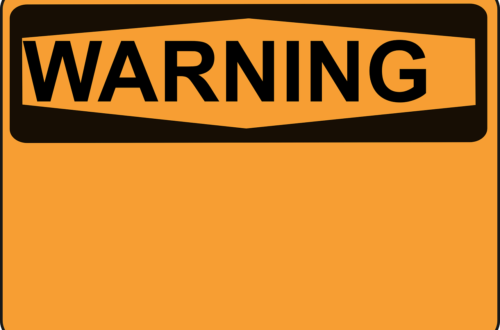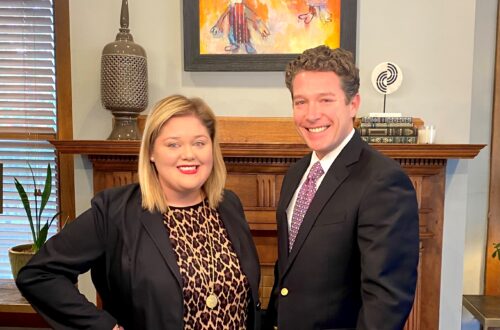Last week, Lindley Law discussed the elements of tortious interference with expected inheritance, which can occur when an individual maliciously interferes with the making or revocation of a will to the detriment of the plaintiff. This blog will address a similar but distinct tort: tortious interference with contract.
The Elements
In North Carolina, to prove tortious interference with expected inheritance, a plaintiff must allege:
- A valid contract existed between the plaintiff and a third party, which conferred contractual rights upon the plaintiff against the third party;
- The defendant had actual knowledge of the contract between the plaintiff and the third party;
- The defendant intentionally induced the third party to breach (i.e., fail or refuse to perform one or more of his or her contractual obligations) the contract;
- The defendant’s inducement was done without justification; and
- The defendant’s inducement of the third party damaged the plaintiff.
The essential facts of Childress v. Abeles are:
- Plaintiff and Defendant entered a contract pursuant to which Plaintiff would sell certain furniture pieces to Defendant.
- In order to obtain inventory to satisfy the contract with Defendant, Plaintiff executed a contract with a furniture manufacturer to order the pieces as needed by the Defendant, and for which the manufacturer would pay Plaintiff an agreed-upon sales commission.
- A dispute arose between Plaintiff and Defendant that was wholly unrelated to the contracts described above.
- Pursuant to the dispute between Plaintiff and Defendant, for which Plaintiff sued and obtained a civil judgment in its favor, Defendant instructed the manufacturer to cease doing business, and thus cease paying commissions, to Plaintiff.
- The manufacturer complied with Defendant’s instruction and terminated the contract with Plaintiff, causing Plaintiff to lose future and expected sales commissions.
The court in Childress acknowledged that malice (i.e., a sense of personal ill will) could be present in a tortious interference claim, and may impact whether punitive damages could be awarded, but a plaintiff need not prove malice to establish a prima facie claim for tortious interference with contract.
What Does “without Justification” Mean?
Assume Charlie Carowner purchases a car from Dealership A, financed by a loan from Big Bank. Charlie is a model customer and makes the monthly payments to Big Bank pursuant to the financing agreement. However, one day Charlie spots a shiny red sports coupe in the lot of Dealership B, and he decides he must have it. He meets with a sales associate of Dealership B, who encourages Charlie to return his car to Dealership A, terminate the financing agreement, and buy the sports coupe. Charlie agrees, and terminates his financing agreement and returns the car to Dealership A, in order to buy the new car from Dealership B. Had Charlie not terminated the financing agreement, Big Bank would have received the remaining payments, which included interest on the loan. Do either Big Bank or Dealership A have a cause of action for tortious interference with contract against Dealership B or its sales associate? In North Carolina, the answer is likely no.
North Carolina deems an act justified if the actor has a legitimate business purpose for its action. Competition for customers is generally considered a legitimate business purpose. Unless Dealership B and/or its sales associate acted with malice, as defined above, a court would likely conclude no tortious interference occurred.
The Requirement of an Existing Contract
As North Carolina case law shows, a valid contract between the plaintiff and a third party must exist in order for the plaintiff to successfully allege this cause of action. If, however, the plaintiff is seeking to recover damages from a defendant who intentionally and wrongfully induced a third party not to enter a contract with the plaintiff, the plaintiff would instead need to bring a claim for tortious interference with prospective economic advantage.
The Applicable Statute of Limitations
To succeed, the plaintiff must initiate its lawsuit before the expiration of the applicable statute of limitations. For tortious interference with contract, which North Carolina deems a personal injury, the applicable statute of limitations is three years.
If you have questions regarding a contract or prospective contract, including tortious interference with contract or tortious interference with prospective economic advantage, please give us a call at (704) 457-1010 to schedule a consultation. For more information regarding our firm, attorneys, and practice areas, please visit https://lindleylawoffice.com/.




